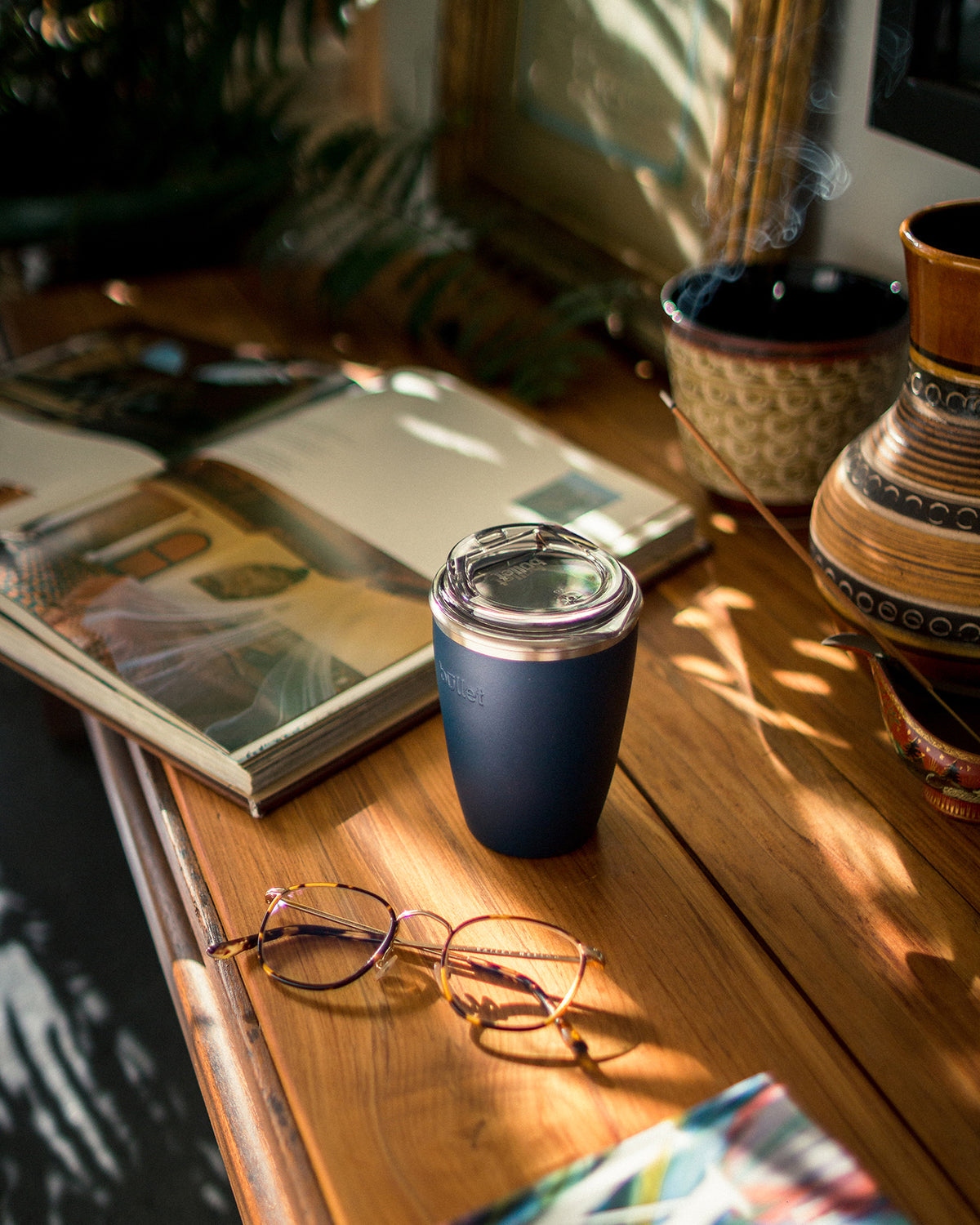Coffee culture is a global phenomenon, with each country boasting its own traditions, preferences, and, indeed, etiquette surrounding this beloved beverage. From the bustling coffee shops of America to the historic cafés of Italy and the traditional coffee ceremonies of Ethiopia, the way we enjoy coffee is as diverse as the world itself. Understanding coffee cup etiquette can offer fascinating insights into cultural values and social norms. Here's a look at how different cultures around the world approach their coffee rituals.
Italy: The Espresso Standard
In Italy, coffee, particularly espresso, is more than a drink; it's a way of life. Here, drinking coffee is subject to unwritten rules that Italians strictly adhere to. Espresso is typically consumed quickly while standing at the bar, especially in the morning, as a quick energy boost to start the day. Milk-based coffees like cappuccinos are reserved for breakfast and considered a faux pas if ordered after 11 AM. The small, thick-walled ceramic cups used for espresso are designed to keep the coffee hot and to be held comfortably without a handle.
Turkey: A Symbol of Hospitality
Turkish coffee is renowned for its strong preparation and is served in small, handle-less cups called "fincans." An integral part of Turkish hospitality, coffee is offered to guests as a sign of welcome and friendship. The coffee is brewed with sugar according to the guest's preference and served with a glass of water to cleanse the palate. It's customary to drink the water first, followed by the coffee, savoring the flavors slowly.
Japan: Precision and Respect
The Japanese approach to coffee, much like their tea ceremony, is one of precision and respect. In Japan, coffee is often served in ceramic cups, sometimes without handles, and is enjoyed as part of a slow, deliberate process, reflecting the country's appreciation for craftsmanship and ritual. Pour-over coffee is particularly popular, emphasizing the care and attention to detail in preparation.
Ethiopia: A Ceremonial Affair
Ethiopia, the birthplace of coffee, treats coffee drinking as a ceremonial affair that can last for hours. The traditional Ethiopian coffee ceremony involves roasting green coffee beans, grinding them in a mortar, and brewing the coffee in a clay pot called a "jebena." The coffee is then served in small, handle-less cups called "sini." The ceremony is a communal event, symbolizing social cohesion and community.
United States: Convenience Meets Customization
In the United States, coffee culture is characterized by convenience and customization. Coffee is often consumed on the go, with a preference for large, insulated cups or travel mugs that keep the coffee hot for extended periods. The Bullet Cup, with its insulated stainless steel design, epitomizes this blend of convenience and personalization, allowing coffee drinkers to enjoy their beverage at the perfect temperature, just the way they like it, no matter where they are.
Conclusion
Coffee cup etiquette around the world reflects the rich diversity of coffee culture. From the quick shots of espresso in Italy to the elaborate ceremonies of Ethiopia, the way we consume this universal beverage varies significantly. The Bullet Cup, adaptable and designed for the modern coffee enthusiast, fits seamlessly into this global tapestry, offering a sustainable and stylish way to enjoy coffee, no matter the local etiquette. As coffee culture continues to evolve, so too will the traditions and norms surrounding this beloved drink, reminding us that coffee is a truly global affair.


